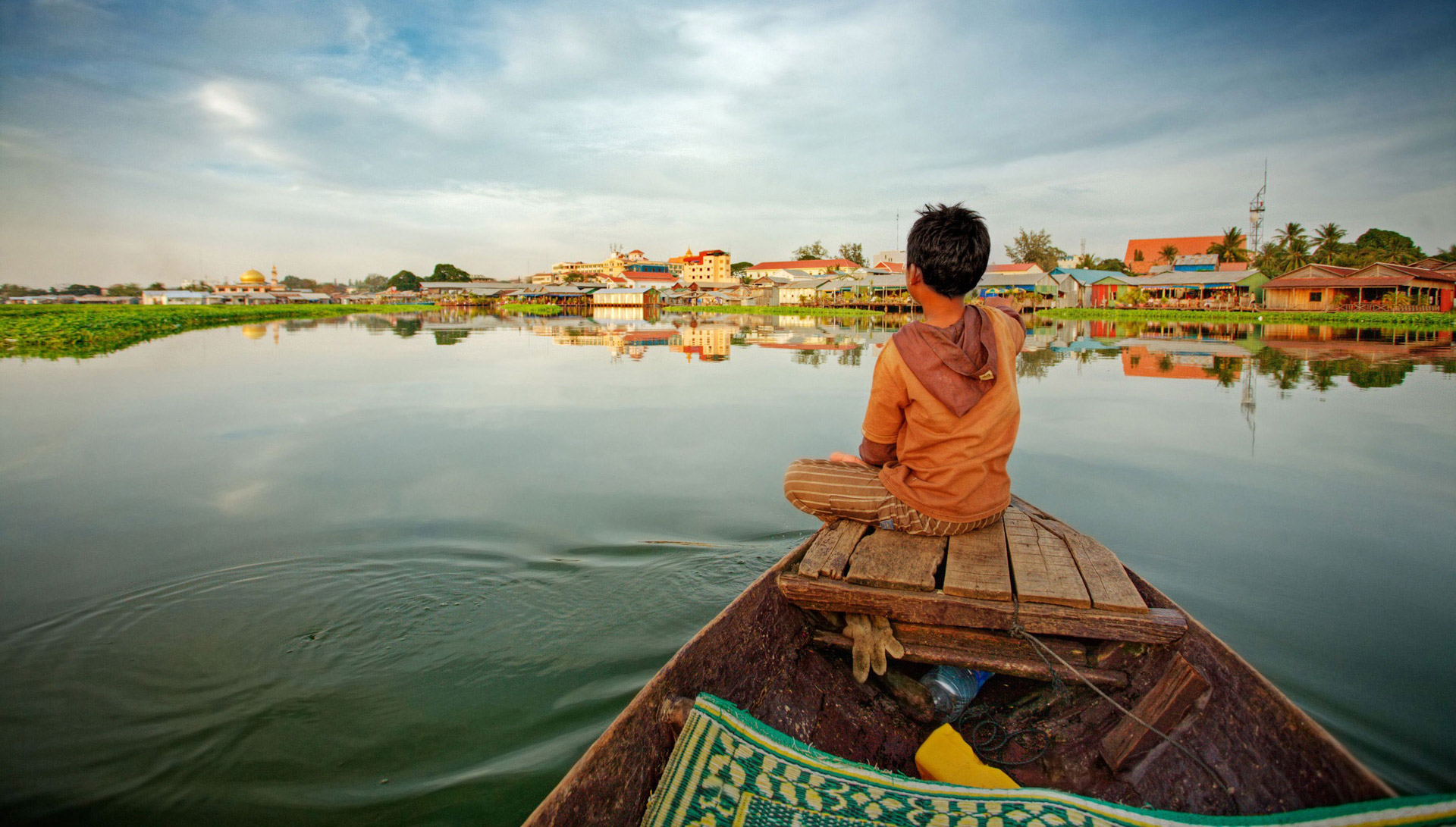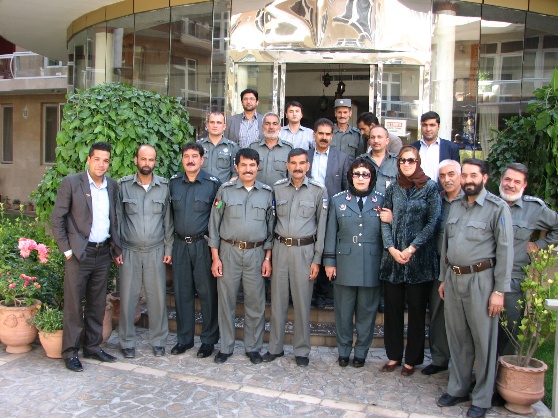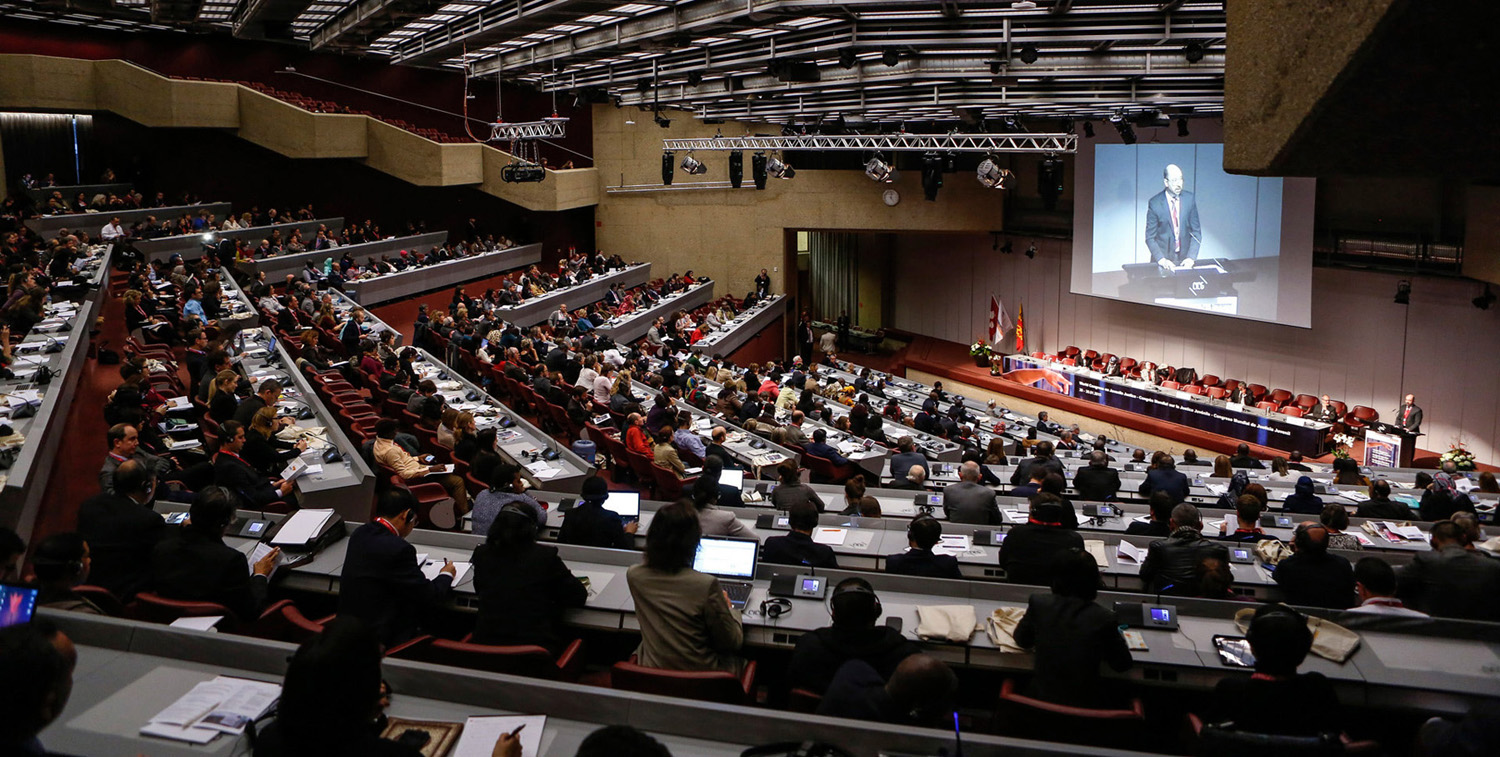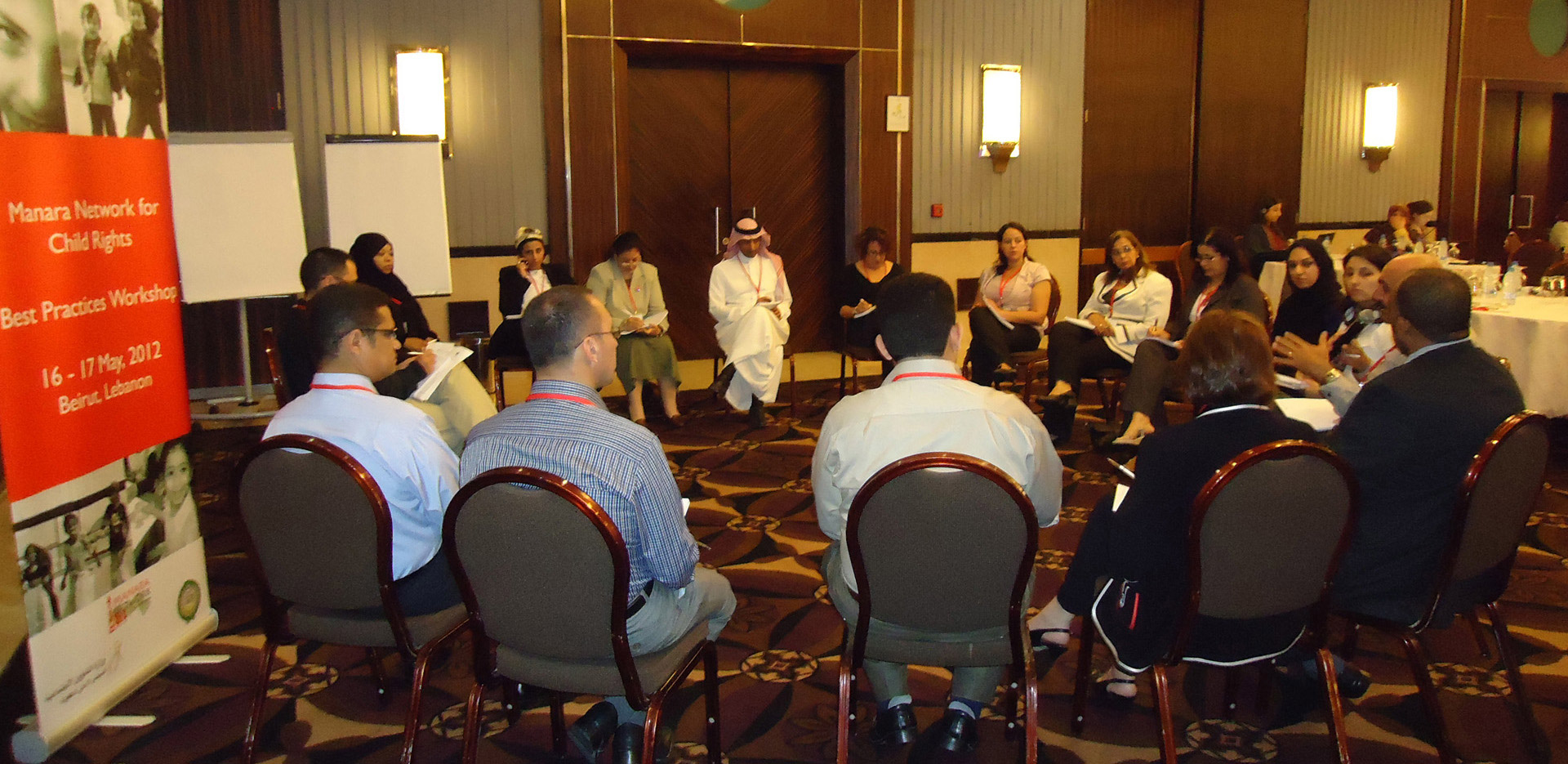Country Profile Programme – Southeast Asia

Picture credit: 123FR/Ben Heys
Making children’s rights a reality
Project duration : 2005 - 2006
The IBCR initiated a project in 2004 to develop country profiles because little information was available on the progress made in applying the Convention of the Rights of the Child (CRC) around the world and because there was a desire to accelerate its implementation in the countries that have ratified it. Asia was the first region of interest and in August 2005 the IBCR received funding from the Canadian International Development Agency to conduct research in five countries in Southeast Asia: Cambodia, Indonesia, Sri Lanka, East Timor and Vietnam. This is how the country profiles programme—one of the IBCR’s most notable projects—got started.
Project objectives :
Through the country profile programme, the IBCR set out to analyse and record the state of affairs on children’s rights in countries that have ratified the CRC and its optional protocols. The main goal was to identify challenges, assess progress, and describe best practices in upholding children’s rights so that these practices may be used in other countries. The work also involved performing comparative analyses and increasing awareness about the state of children’s rights within a predetermined region. Southeast Asia was the first region to be examined.
With this intent in mind, an initial report was prepared, providing information and statistics concerning children’s rights in the region. Once this first step was complete, the IBCR was able to send a project officer to some of these Southeast Asian countries with a view to collecting specific data on children’s rights to support the analyses included in the initial document. Whereas Southeast Asian societies are generally characterised by varying degrees of deeply rooted traditions that focus on the wellbeing of children, these values do not always result in children’s rights being respected. In July 2006, after more than a year of research, the IBCR finally published its Regional Report on Southeast Asia. It was made available to various beneficiaries, including governments, civil society organisations, non-governmental organisations, groups of experts and research institutes.
Subsequently, Sweden’s Ministry of Foreign Affairs provided funding to extend the programme to North Africa and the Organisation internationale de la Francophonie provided funding to cover the African Great Lakes region.
- Intervention locations : Cambodge, Indonésie, Sri Lanka, Timor Oriental et Vietnam
- Project duration: 2005 to 2006
- Partners :
- Canadian International Development Agency (CIDA)
- United Nations Committee on the Rights of the Child
- Group of NGOs based in Geneva
- Highlights:
- 5 countries involved
- 139 pages of information and analysis on the state of children’s rights in these five Southeast Asian countries
- Fields of activity and expertise :
- Applied research








